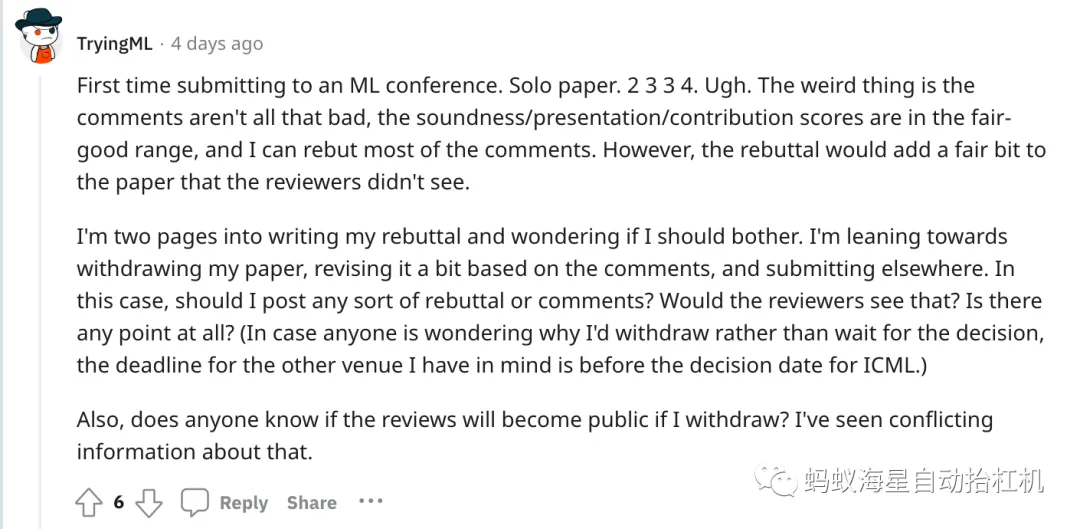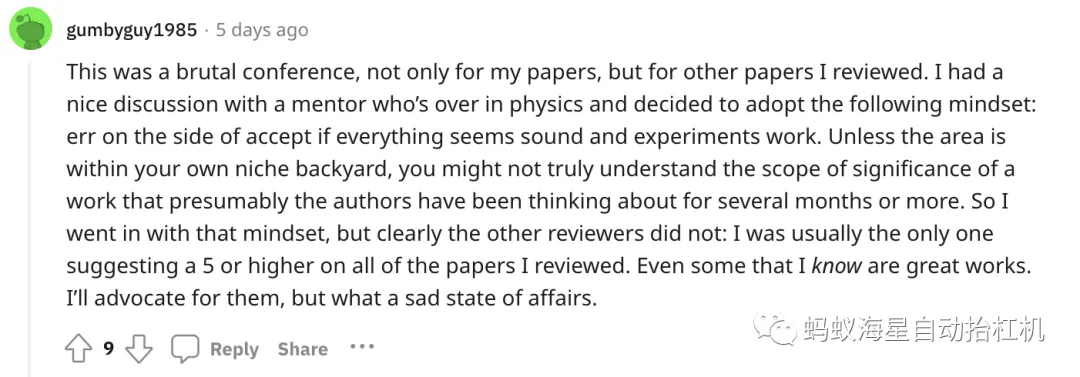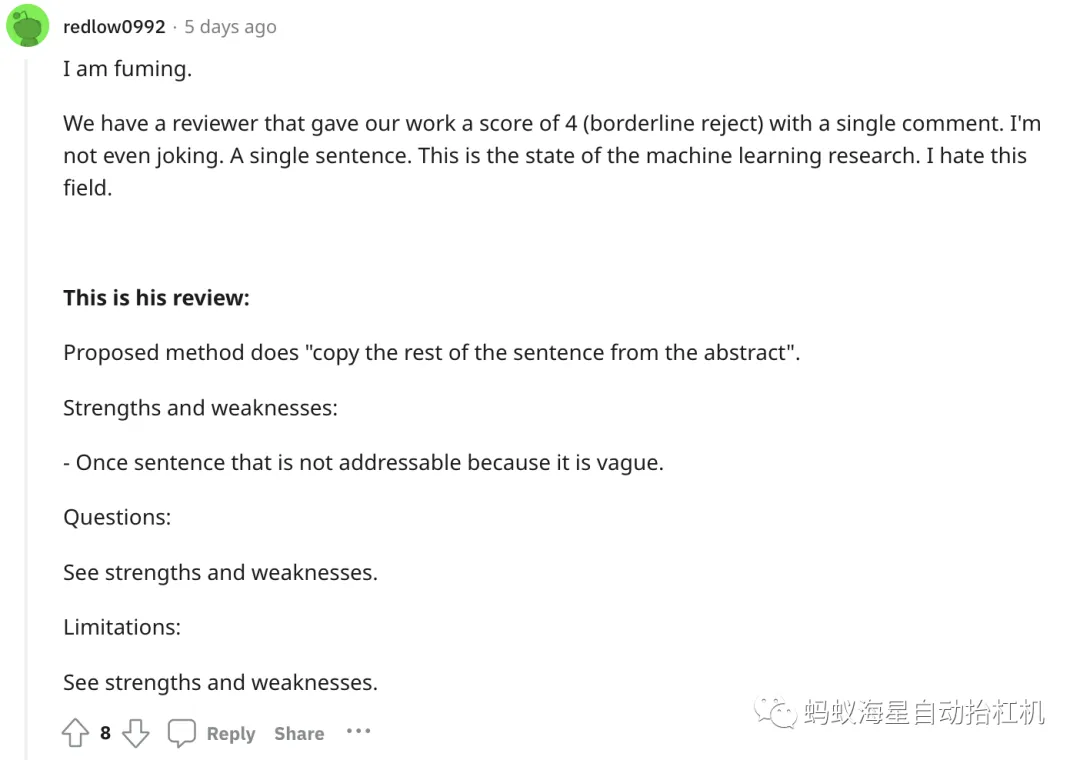Chinese Academic Institutions Are Polluting the International Academic Community with Low-Quality Peer Reviews (Gemini 2.5 Pro Translated Version)
Using the simplest four-quadrant model, review comments can be divided into four types:
Positive-Valuable, Negative-Valuable, Positive-Worthless, Negative-Worthless.
Generally speaking, depending on the quality of the paper and the academic venue, the proportions of positive/negative and valuable/worthless comments will vary slightly. However, an immutable truth is that the vast majority of negative and worthless review comments are written in pure Chinglish.
These types of review comments typically convey only the following points:
- I didn’t read your paper carefully, and I only skimmed it on the very last day of the review deadline.
- I didn’t really understand what you were saying; looking at your Table 1, the results don’t seem good.
- My English isn’t very good, and I’m not great with a keyboard either; three sentences should be enough to make a token effort.
- It seems no acquaintance of mine signaled that this was their paper, so I’ll just reject it, hehe.
In the past, the volume of such review comments wasn’t large. A sensible and responsible Area Chair (AC) could still distinguish the quality of a paper and provide an objective and reasonable judgment. But nowadays, as a large number of assembly-line PhDs and junk papers churned out by Chinese academic institutions gradually flood the academic world, the volume of these types of review comments is increasing. It’s gotten to the point where over 50% of comments are of this “Not even not valuable” (i.e., utterly worthless) kind. What’s even more terrifying is that the number of sensible and responsible ACs is also decreasing, while the number of ACs spouting nonsense in Chinglish is rapidly increasing.
Several years ago, ICLR boldly adopted the OpenReview method to enhance the double-blind experience. However, the practice of “open review but not open reviewer” has made these Chinglish-speaking fellows even more brazen. If they are fearless even when the review is open, then for a closed system like CMT (Conference Management Toolkit – which sounds like “chōng mǎtǒng” or “flush the toilet” in Chinese), they’ll treat it with even more contempt, fit only for submitting garbage (a euphemism for the original “eat shit”).
Different environments nurture different kinds of people. This particular environment is destined not to nurture GPT-level innovation. Suffice it to say.




Enjoy Reading This Article?
Here are some more articles you might like to read next: